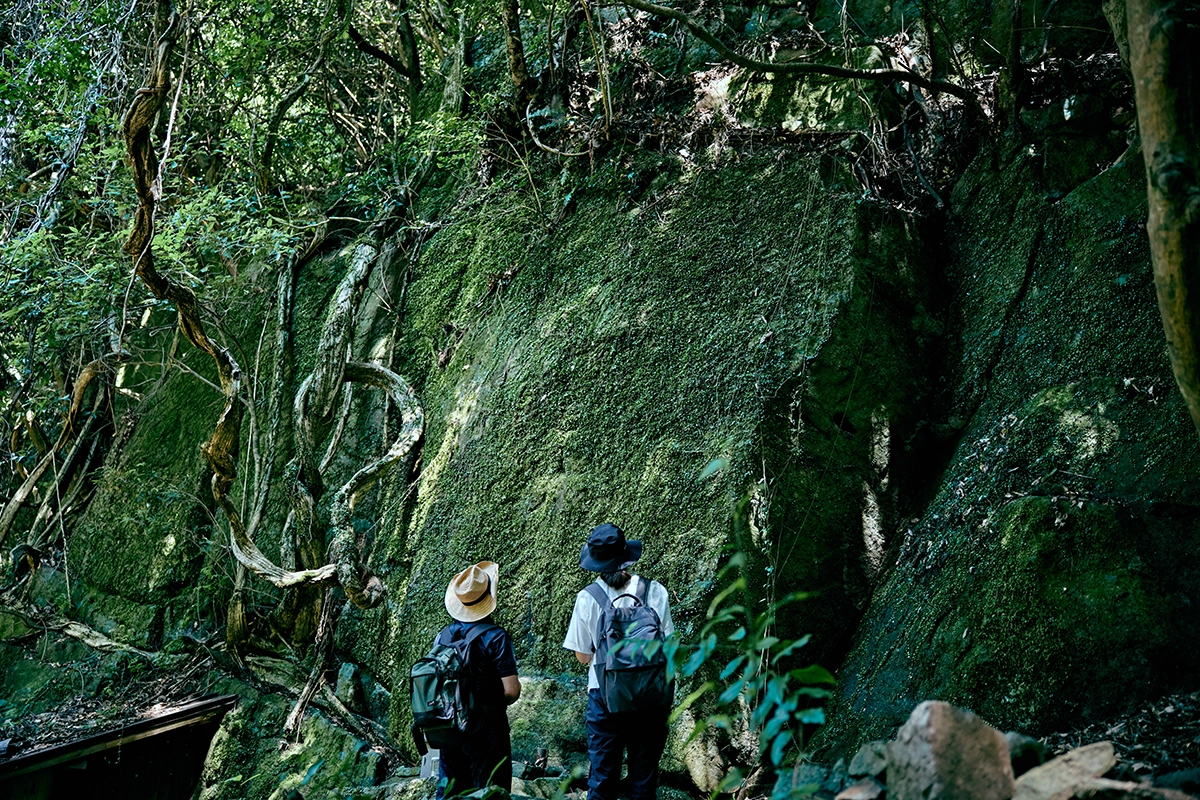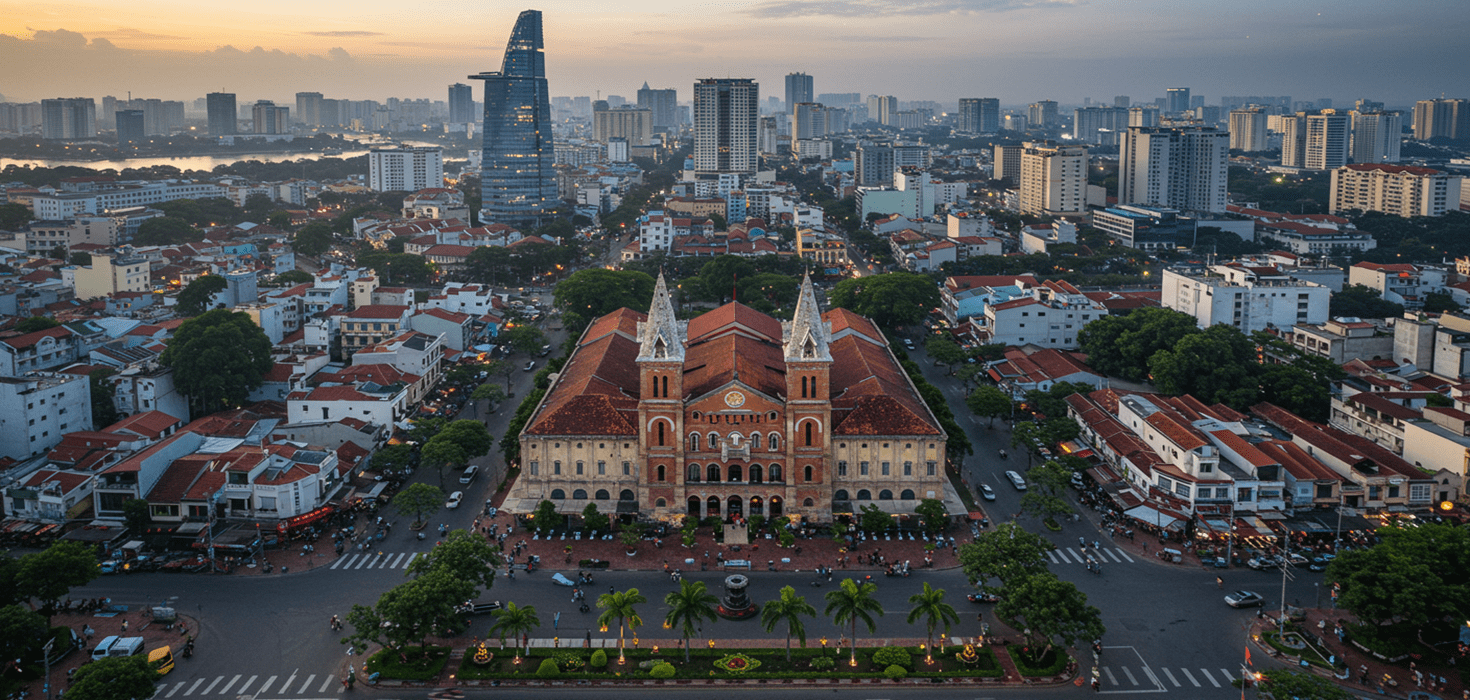Welcome to Bali’s Shopping Wonderland!
Welcome, fellow travelers and shopping enthusiasts! If you’re dreaming of a shopping experience that combines the charm of local culture with unique treasures, Bali is the place to be. This enchanting island isn’t just a paradise for sun-seekers and adventure lovers; it’s also a vibrant shopping destination waiting to be explored. From bustling traditional markets to chic boutiques, Bali offers a delightful mix of shopping experiences that reflect its rich heritage and modern flair.
Get ready to uncover hidden gems and trendy spots as we guide you through Bali’s shopping scene. You’ll discover where to find the best local crafts, unique souvenirs, and eco-friendly products that not only beautify your home but also support local artisans. So, grab your reusable shopping bag, and let’s dive into the world of shopping in Bali!
Discover Bali’s Shopping Scene: A Local’s Perspective
Bali is a treasure trove for shoppers, boasting a diverse array of options that cater to every taste and budget. Whether you’re on the hunt for traditional handicrafts or the latest fashion trends, Bali has it all. The shopping scene here is a beautiful blend of local shopping and modern retail therapy, offering something for everyone.
Shopping in Bali is not just about buying; it’s an experience steeped in culture. The local markets are alive with the sounds of bargaining and the scents of spices, showcasing the island’s vibrant community spirit. Each purchase you make can tell a story, reflecting the traditions and artistry of the Balinese people. So, as you wander through the colorful stalls, take a moment to appreciate the cultural significance behind each item.
Hidden Treasures: Bali’s Traditional Markets
Ready to step off the beaten path? Bali’s traditional markets are where the magic happens! These bustling hubs are filled with unique products, from handwoven textiles to intricate wood carvings. Here are some top spots you won’t want to miss:
Ubud Traditional Art Market
Located in the heart of Ubud, this market is a haven for art lovers. You’ll find a stunning selection of art, textiles, and local crafts that capture the essence of Bali. Stroll through the vibrant stalls and chat with local artisans about their work. The market is open daily from 9 AM to 6 PM, making it easy to fit into your itinerary.
Sukawati Art Market
If you’re looking for bargains on traditional Balinese art, Sukawati is your go-to destination! Known for its affordable prices, this market offers everything from paintings to handicrafts. Remember to brush up on your bargaining skills! The market is open from 8 AM to 5 PM, so plan to arrive early for the best finds.
Gianyar Night Market
As the sun sets, the Gianyar Night Market comes alive with a feast for the senses. This culinary delight offers a variety of street food favorites, making it a perfect spot to grab a bite after a day of shopping. Open from 5 PM to 11 PM, this market is a must-visit for foodies and shoppers alike.
These traditional markets not only offer unique products but also provide a glimpse into the local culture. If you’re curious about how to get there, consider renting a scooter or taking a local taxi to make the most of your market-hopping adventure!
Trendy Boutiques: Where Modern Meets Balinese Style
If traditional markets are the heart of Bali’s shopping scene, then the trendy boutiques are its stylish soul! Bali has a burgeoning fashion scene that combines local craftsmanship with contemporary design. Here are some must-visit boutiques that showcase the island’s chic offerings:
Seminyak’s Chic Fashion Stores
Seminyak is known for its upscale vibe and chic fashion stores. Here, you can find everything from bohemian dresses to stylish swimwear. The boutiques here often feature local designers, ensuring you leave with something truly unique. Don’t forget to check out the accessories; they’re perfect for adding a touch of Balinese flair to your wardrobe!
Canggu’s Eco-Friendly Shops
For those who love sustainable shopping, Canggu is the place to be. This trendy area is home to eco-friendly shops that offer everything from organic clothing to reusable home goods. Supporting these businesses means you’re not just shopping; you’re making a positive impact on the environment!
Artisan Boutiques in Ubud
Ubud is a hub for artisans and craftspeople, making it the perfect spot to find unique, handcrafted items. From beautiful jewelry to stunning home decor, the artisan boutiques here showcase the best of Balinese craftsmanship. Plus, shopping at these boutiques directly supports local artisans and helps keep traditional crafts alive.
As you explore Bali’s trendy boutiques, keep an eye out for eco-friendly products that reflect the island’s commitment to sustainability. Each purchase you make is a step towards supporting local artisans and preserving their craft for future generations.
A Culinary Journey: Food Markets and Local Delicacies
Shopping in Bali isn’t just about picking up souvenirs and fashion finds; it’s also a delicious adventure! The island is home to a variety of food markets where you can indulge in local delicacies while enjoying the vibrant atmosphere. Here are some top food markets you absolutely must visit:
Kedonganan Fish Market
If you’re a seafood lover, the Kedonganan Fish Market is a must-visit! Located right by the beach, this bustling market offers the freshest catch of the day. You can watch local fishermen bring in their haul and purchase everything from fish to shellfish at incredibly reasonable prices. Don’t miss the chance to enjoy a meal at one of the nearby warungs (local eateries) where you can savor grilled fish served with sambal, a spicy condiment that adds a kick to your meal!
Gianyar Night Market
As mentioned earlier, the Gianyar Night Market transforms into a food paradise as the sun sets. Here, you can sample a variety of street food favorites like nasi goreng (fried rice), satay (grilled skewers), and sweet treats like dadar gulung (pancakes filled with coconut). The vibrant atmosphere, filled with the aroma of spices and grilled meats, makes it an unforgettable experience. Grab a plate, find a spot to sit, and enjoy the local flavors!
Food markets in Bali do more than just satisfy your taste buds; they also provide a glimpse into the local culture. Food is an integral part of Balinese life, and sharing meals is a way to connect with others. So, while you’re shopping, take the time to indulge in the culinary delights that Bali has to offer!
Bali’s Artisan Goods: Unique Souvenirs to Bring Home
When it comes to souvenirs, Bali is a treasure chest of artisanal goods that make perfect mementos of your trip. Here are some popular artisan products you should keep an eye out for:
Handcrafted Jewelry and Textiles
From intricate silver jewelry to beautifully woven textiles, Bali is renowned for its craftsmanship. Ubud is particularly famous for its unique jewelry pieces that often incorporate local materials. Be sure to visit artisan shops where you can find stunning pieces that reflect the island’s rich culture. Textiles, such as batik and ikat, make for beautiful gifts that tell a story of Balinese artistry.
Eco-Friendly Home Decor
For those who love sustainable shopping, Bali offers a plethora of eco-friendly home decor items. Look for products made from natural materials like bamboo, coconut, and recycled goods. These items not only add a touch of Bali to your home but also support local artisans who prioritize sustainability in their craft.
Traditional Balinese Handicrafts
Don’t leave Bali without picking up some traditional handicrafts! From beautifully carved wooden masks to intricate stone sculptures, these items capture the essence of Balinese culture. Many artisans are happy to share the stories behind their creations, making your purchases even more meaningful.
When shopping for souvenirs, remember that purchasing handmade products supports local communities and helps preserve traditional crafts. So, take your time to explore the artisan markets and find items that resonate with you!
Shopping Tips: How to Score the Best Deals
Ready to hit the shops? Here are some practical tips to help you make the most of your shopping experience in Bali:
Bargaining Basics
Bargaining is a common practice in Bali, especially in local markets. Start by offering about half of the asking price and negotiate from there. Remember to keep it friendly and light-hearted—after all, shopping should be fun! If the vendor seems unwilling to budge, don’t hesitate to walk away; often, they’ll call you back with a better offer.
The Best Times to Shop
If you want to avoid crowds, try visiting markets early in the morning or during the week. Weekends can be busy, especially in popular areas like Seminyak and Ubud. Early birds often get the best selection, so set your alarm and get ready to shop!
Cash is king in Bali, so always keep some local currency on hand. Most small vendors may not accept credit cards, and having cash makes bargaining easier. Lastly, don’t forget to enjoy the experience—take your time and soak in the sights, sounds, and smells of Bali’s vibrant shopping scene!
Seasonal Shopping Insights: What to Buy and When
Shopping in Bali can vary greatly depending on the season and local events. Here’s a quick guide to help you plan your shopping adventures:
Festivals and Events
Bali is rich in cultural festivals, and these events often feature unique shopping opportunities. For instance, the Bali Arts Festival held every June showcases local artisans and their crafts. It’s the perfect time to find one-of-a-kind items while enjoying traditional performances and exhibitions.
Another exciting time to shop is around Nyepi Day, the Balinese Day of Silence. In the days leading up to Nyepi, markets are bustling with activity as locals prepare for the festivities. It’s a great opportunity to pick up decorations and traditional items that you won’t find at other times of the year.
Keep an eye on local calendars and plan your visit around these events for a truly immersive shopping experience!
Transportation Tips: Getting to Bali’s Best Markets
Ready to explore Bali’s vibrant shopping scene? Here’s how to get around:
Best Ways to Travel
Renting a scooter is a popular option for visitors looking to explore at their own pace. It’s a fun and convenient way to navigate the island, especially in areas like Ubud and Seminyak where traffic can be heavy. Just remember to wear a helmet and drive safely!
If you prefer not to drive, local taxis and ride-sharing apps like Grab are widely available and offer a reliable way to get around. For a more traditional experience, consider hiring a local driver for the day who can take you to various shopping spots while sharing insights about the island.
Regardless of your mode of transportation, having a map or GPS handy will help you find the best shopping districts without getting lost in Bali’s winding roads!
Safety and Health Guidelines for Shoppers
While shopping is a delightful experience in Bali, it’s important to keep a few safety tips in mind:
Health Precautions
Stay hydrated, especially if you’re shopping under the sun. Carry a reusable water bottle to refill during your adventures. Sun protection is also key—don’t forget your sunscreen and a hat!
In crowded markets, be aware of your surroundings and keep your belongings secure. Use a crossbody bag or a money belt to deter pickpockets. If you’re trying street food, ensure it’s cooked fresh to avoid any stomach issues.
With these safety tips in mind, you can shop with peace of mind and fully enjoy your Bali experience!
Fun Facts About Bali’s Shopping Culture
Did you know that shopping in Bali is deeply intertwined with the island’s culture? Here are some fun facts that enhance your appreciation for local shopping:
Cultural Significance
Markets in Bali are not just places to buy goods; they are social hubs where locals gather, share stories, and celebrate community. The act of bargaining is considered a social interaction, and it’s a way for vendors to connect with customers.
Unique items like canang sari, traditional offerings made from flowers and leaves, can often be found in local shops. These items reflect the island’s spiritual practices and are an essential part of daily life in Bali.
By shopping in Bali, you’re not just taking home souvenirs; you’re bringing a piece of Balinese culture with you. So, take the time to learn about the items you purchase and the stories behind them!
Commonly Asked Questions (FAQs)
As you plan your shopping adventure in Bali, here are some frequently asked questions that might help:
What is the best time to shop in Bali?
The best time to shop is during the weekdays when markets are less crowded. Early mornings are also ideal for finding fresh goods and unique items.
How can I identify authentic artisan products?
Look for items that showcase traditional craftsmanship and local materials. Don’t hesitate to ask artisans about their work—this can provide insight into the authenticity of the product.
Shopping in Bali is an enriching experience filled with culture, creativity, and community. With these tips and insights, you’re ready to explore the island’s vibrant shopping scene and find treasures that resonate with you!
Detailed Day-by-Day Itinerary for Shopping in Bali
Want to make the most of your shopping experience in Bali? Here’s a suggested week-long itinerary highlighting key locations and activities:
Day 1: Explore Ubud’s Traditional Markets and Artisan Boutiques
Start your journey in Ubud, where you can visit the Ubud Traditional Art Market and discover unique artisan boutiques. Don’t forget to grab a bite at a local cafe while you’re there!
Day 2: Discover Seminyak’s Trendy Fashion Stores
Head to Seminyak for a day of chic shopping. Explore the stylish boutiques, and be sure to check out local designer collections. Enjoy a sunset at the beach after a day of retail therapy!
Day 3: Visit Night Markets for Local Delicacies
Spend the evening at the Gianyar Night Market, sampling street food and picking up souvenirs. It’s a perfect blend of shopping and culinary delight!
Day 4: Engage with Local Artisans in Gianyar
Visit Gianyar to meet local artisans and learn about their crafts. This is a great opportunity to find unique handmade items while supporting the local community.
Day 5: Experience Eco-Friendly Shopping in Canggu
Wrap up your shopping tour in Canggu, where you can explore eco-friendly shops and boutiques. Look for sustainable fashion and home decor items that reflect your commitment to the environment.
This itinerary offers a balanced mix of traditional and modern shopping experiences, allowing you to immerse yourself in Bali’s culture while finding unique treasures to take home!
So, pack your bags and get ready for an unforgettable shopping adventure in Bali. With its rich culture, vibrant markets, and stunning artisan goods, you’re sure to leave with a heart full of memories and bags full of treasures!










